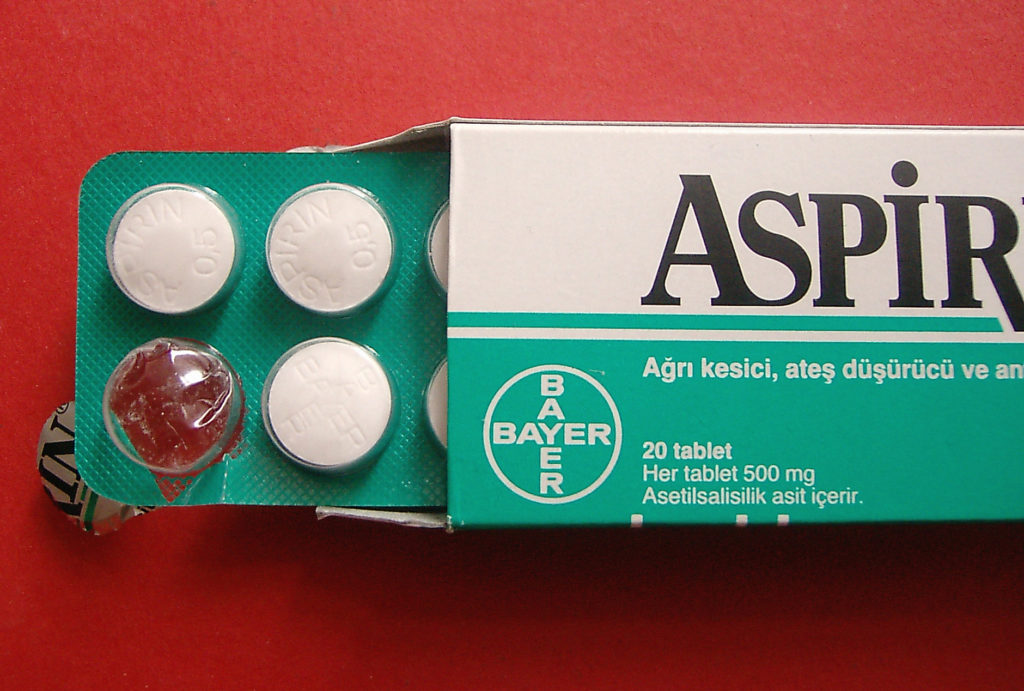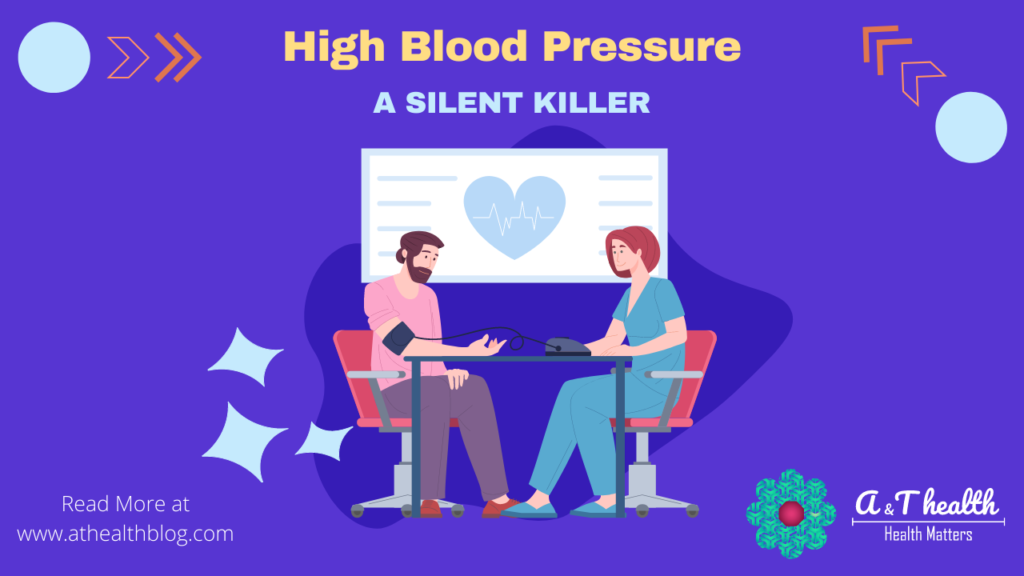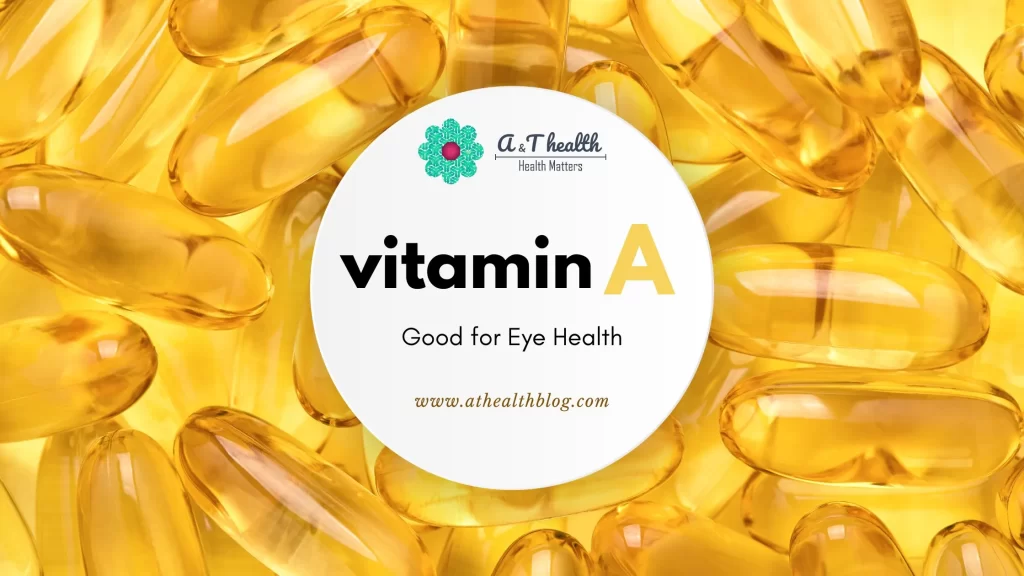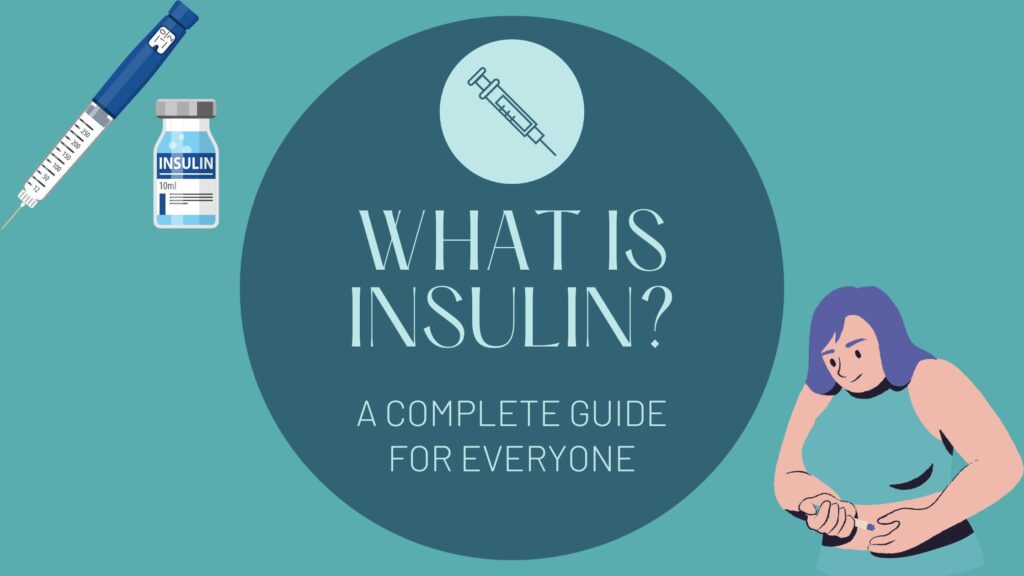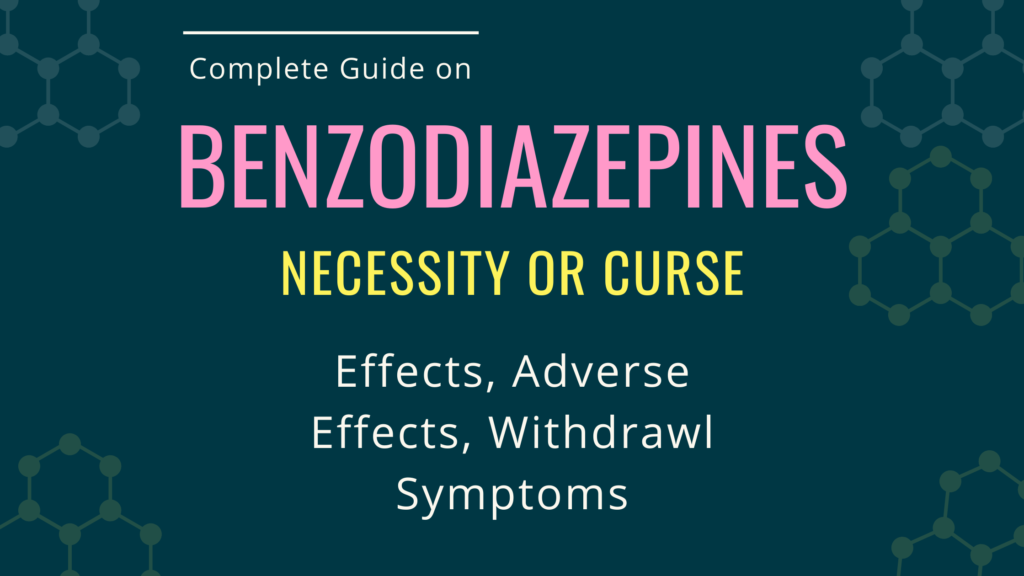Aspirin was one of the first medications created. In most countries, it is available without a prescription. It belongs to the salicylates and NSAIDs class of drugs. It is extensively used for pain and comes in some pain and cold relief combinations. You can get it from your local pharmacy, and some supermarkets also keep it.
- What are its various strengths and dosage forms?
- chemical nature of aspirin
- How does Aspirin work?
- What are its uses?
- How long does it take to start its work?
- Dosage of Aspirin
- What is the maximum recommended dose of aspirin per day?
- How to take aspirin?
- Who may or may not use it?
- What are unwanted effects?
- Is it safe to use aspirin in pregnancy and while breastfeeding?
- Contraindications of aspirin
- Drug interactions of aspirin
What are its various strengths and dosage forms?
It comes in various dosage forms and strengths. Different available strengths for aspirin are 75mg, 81mg, 100mg, 150mg, and 300mg. At the same time, its different dosage forms are film-coated tablets, enteric-coated tablets, dispersible tablets, suppositories, oral and topical gels. You can read from your product pack and a brochure about your particular aspirin’s strength and dosage form.

chemical nature of aspirin
Chemically aspirin is acetylsalicylic acid, the acetate ester of salicylic acid (ASA). The drug is relatively insoluble, but its sodium and calcium salts dissolve readily in aqueous solutions.
How does Aspirin work?
- Aspirin is a non-steroidal anti-inflammatory medicine (NSAID) that works by blocking the cyclooxygenase (COX-1 and COX-2) enzymes, which lowers pain and inflammation.
- A low dose aspirin irreversibly inhibits the synthesis of thromboxane A2 and prevents platelet activation and aggregation, therefore, preventing blood clots.
What are its uses?
A doctor can prescribe aspirin tablets for you for any of the below effects.
Anti-inflammatory:
Aspirin has been used in larger doses for relieving fever, pain and inflammation. It is rarely used for inflammatory diseases such as arthritis, spondyloarthropathies, and systemic lupus erythematosus. NSAIDs with a better GI safety profile are preferred for these inflammatory conditions.

Cardioprotective agent:
Low-dose-aspirin is now widely used as a cardioprotective agent in patients with cardiac diseases like; acute myocardial infarction or acute ischemic stroke and as secondary prevention in patients with stroke, coronary artery disease, or peripheral artery disease.
Preeclampsia:
Low-dose aspirin is used in pregnant women at high risk of preeclampsia.
Kawasaki Disease:
Aspirin generally is avoided in pediatric populations due to its potential association with Reye syndrome. However, high doses of aspirin (30–100 mg/kg/d) are used to treat children during the acute phase of Kawasaki disease, followed by low-dose antiplatelet therapy in the subacute phase.
Some other understudy uses are,
Colonic and rectal cancer:
Aspirin may reduce some types of colorectal and other cancers. Epidemiological studies suggested that daily use of aspirin is associated with a 24% decrease in the incidence of colon cancer.
How long does it take to start its work?
- Aspirin begins to acetylate platelets within minutes. It will keep platelets less sticky to prevent clotting as long as you take low-dose aspirin.
- You will feel a reduction in your pain and fever 20-30 min after taking high dose aspirin.
Dosage of Aspirin
Your doctor will decide what dosage is suitable for you as per your current health conditions; however, the usual dosage can be as below.
- The cardioprotective action of aspirin is achieved in a dose range of 75-300mg once or twice daily.
- Analgesic and antipyretic dose of aspirin for adults ranges between 300 – 900 mg orally every 4–6 h.
- 75–150 mg once daily to prevent preeclampsia in women at moderate or high risk starting from the 12th week of gestation until the birth of a baby.
What is the maximum recommended dose of aspirin per day?
The maximum recommended daily dose of aspirin is 4g for adults and children 12 years (16 as per NHS-UK) or older. You need to take it in 3-4 divided doses per day. Never take more than 4g of aspirin in a day.
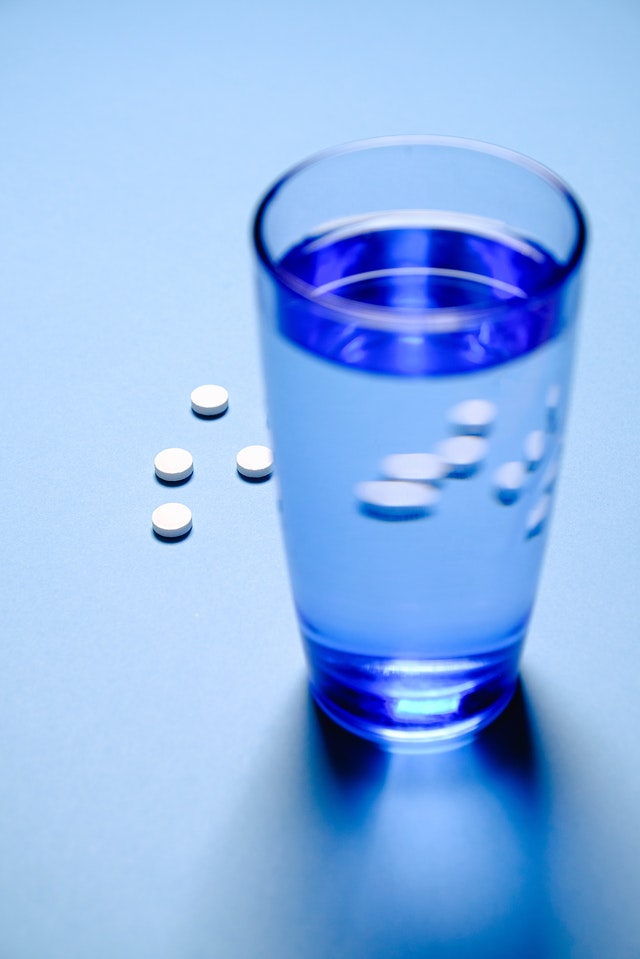
How to take aspirin?
Take aspirin with or after food to avoid gastric issues. Always check your tablet’s formulation type before using it. If it is a dispersible aspirin tablet, you must dissolve it in a glass of water and drink it. If it is a film or enteric-coated tablet, you need to swallow it with water.
Oral ulcer gel is applied to your gums or the oral cavity. At the same time, suppositories are taken from the bottom into the anus.
Who may or may not use it?
Suppose you are among one or more of the below; consult your doctor or pharmacist before using aspirin. In that case, they can tell you if taking aspirin is safe for you.
- If you previously experienced an allergic reaction to aspirin or other pain relievers like ibuprofen.
- If you have had a gastric ulcer
- if You have dyspepsia
- If you have had high blood pressure
- If a female has thick periods
- If you have recently had a stroke
- If you have had an issue with blood clotting
- If you have had liver or renal problems
- If you have gout
What are unwanted effects?
- With therapeutic doses, some gastric bleeding (usually slight and asymptomatic) is expected. Aspirin-induced gastric bleeding sometimes is painless and, if unrecognized, may lead to iron-deficiency anemia. Gastroscopic examination of aspirin-treated subjects often reveals discrete ulcerative and hemorrhagic gastric mucosa lesions.
- With larger doses: dizziness, deafness and tinnitus; compensated respiratory alkalosis may occur
- With toxic doses (e.g. from self-poisoning): uncompensated metabolic acidosis may occur, particularly in children.
- In children, aspirin has been linked with severe but rare post viral encephalitis (Reye’s syndrome).
Is it safe to use aspirin in pregnancy and while breastfeeding?
- Aspirin can be used with caution during pregnancy. If required, the doctor can prescribe a low dose of aspirin to manage a pregnant lady’s preeclampsia. High doses can cause complications in pregnancy.
- Aspirin is associated with Reye’s syndrome in children. A small quantity of aspirin secrets into breast milk and is unlikely to cause any severe side effects in your baby on feed. But if you feel any changes in your baby, like fever or viral infection, stop taking aspirin and seek medical advice.
Contraindications of aspirin
- Because of cross-sensitivity, aspirin intolerance (including aspirin-associated asthma) is a contraindication to therapy with any other NSAID.
- Aspirin and other salicylates are not recommended for children and young people under the age of 20 who have a viral illness-related fever due to the risk of Reye syndrome.
- Many patients consume NSAIDs for chronic pain and low-dose aspirin for cardiac prevention. Compared to either type of NSAID alone, this combination treatment considerably increases the risk of GI adverse effects.
- Prior occupancy of platelet COX-1 by the NSAID can impede access of aspirin to its acetylation target site. This drug-drug interaction may undermine the cardioprotective effect of aspirin.
- Aspirin’s cardioprotective action is due to an irreversible suppression of platelet activity. Aspirin therapy should be stopped at least one week before surgery if feasible; nonetheless, preoperative aspirin is frequently suggested before cardiovascular surgery and percutaneous procedures.
- Aspirin should be avoided by patients with significant hepatic damage, hypoprothrombinemia, vitamin K deficiency, or haemophilia because it inhibits platelet hemostasis, leading to bleeding.
- Because low doses of aspirin may, on their own, reduce urate excretion, it should not be used in gout.
Drug interactions of aspirin
- If given concomitantly with warfarin, aspirin can cause a potentially hazardous increase in the risk of bleeding.
- Aspirin also antagonizes the effect of some antihypertensive and uricosuric agents such as probenecid and sulfinpyrazone.
- Other interactions of aspirin include the antagonism of spironolactone-induced natriuresis and the blockade of the active transport of penicillin from CSF to blood.
- Cardio protection is lost when combining low-dose aspirin with NSAIDs through a drug-drug interaction at the aspirin target site in platelet COX-1.
- Magnesium aluminum hydroxide antacids can alkalize the urine enough to increase salicylic acid clearance significantly and reduce steady-state concentrations. Conversely, discontinuation of antacid therapy can increase plasma concentrations to toxic levels.
